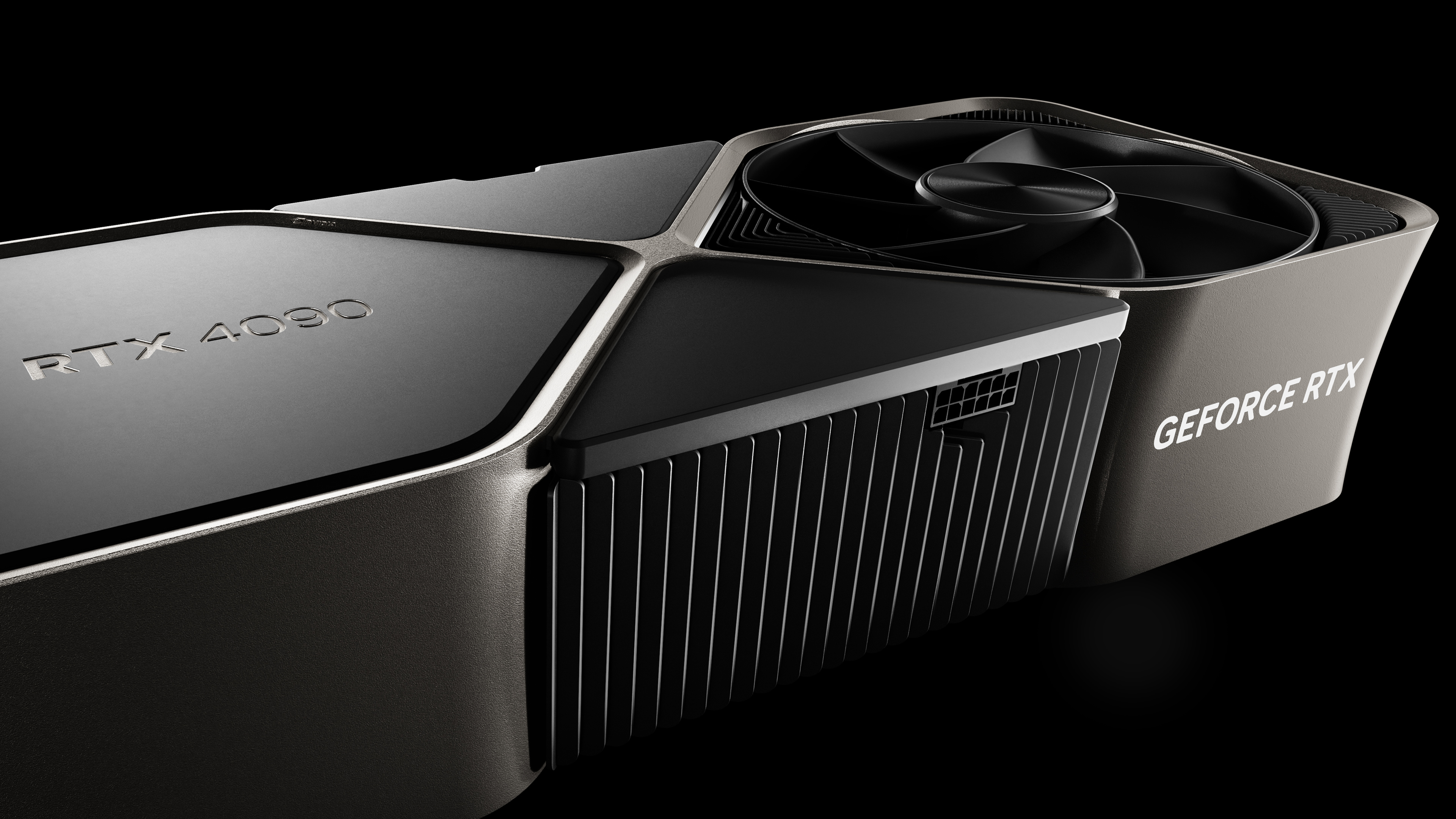Chinese AI startups turn to GeForce gaming GPUs because Nvidia sanction-compliant AI GPUs are too expensive — RTX 4090 offers better value than H20
The most potent, leading-edge chips are not worth the expense for smaller firms.

According to a report by MyDrivers, Many Chinese startups working in the AI space are reportedly preferring the RTX 4090, one of the best graphics cards, over the China-focused Nvidia H20 AI GPUs. It’s been said that the sanctions-compliant Nvidia HGX H20 is just too expensive for many small and medium-sized companies, primarily because it does not deliver the performance levels you can find in the original A100 and H100 AI GPUs.
One eight-card H20 server costs about 1.3 million yuan. On the other hand, a single RTX 4090 costs between 16,000 and 20,000 yuan. Even if you price each RTX 4090 GPU at 20,000 yuan, 1.3 million yuan will already get you 65 copies of the top-tier consumer GPU.
While the H20 undoubtedly has more muscle than the RTX 4090, the massive price difference makes the latter a more price-effective solution. Only the biggest companies, such as Baidu, Alibaba, Tencent, and ByteDance, could afford the more expensive AI chips.
One entrepreneur who primarily works on the AI application layer said that they rented A100 and H100 chips via cloud services and then shifted to local deployments of used V100 and RTX 3090s. Given that, they believe that RTX 4090 should be more than enough for their needs.
The RTX 4090 has become the first choice of many customers that need AI processors. One company was reportedly ready to deploy 100 RTX 4090 GPUs this August.
Since November last year, the RTX 4090s have been subject to export restrictions to China. This led to Nvidia creating the China-only RTX 4090D, which has fewer cores and a lower power draw. However, the chips that these startups are acquiring are most likely the full-fat RTX 4090 versions, not the watered-down 4090Ds.
Despite the bans and sanctions against China, corporations and organizations can still acquire these chips en masse. For example, suppose an importing entity gets blocked in the U.S.. In that case, it either changes its name or address and then repurchases AI-capable GPUs before American authorities get wind of its operation and get banned for a second time.
Get Tom's Hardware's best news and in-depth reviews, straight to your inbox.
Although America’s sanctions against China have definitely slowed its progress, human ingenuity is shining through, and the East Asian nation is stepping up its game to try to get ahead of the U.S., even with all the barriers.

Jowi Morales is a tech enthusiast with years of experience working in the industry. He’s been writing with several tech publications since 2021, where he’s been interested in tech hardware and consumer electronics.
-
renz496 Isn't that many company already doing this kind of thing? In fact this is one of the reason why 40 series sales were exceptionally goodReply